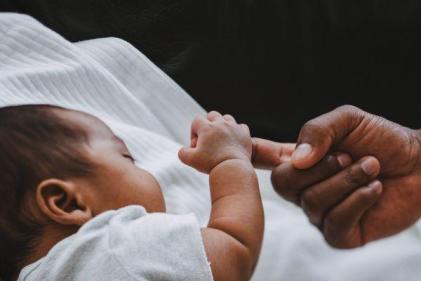While many of us remember the 2010 World Cup in South Africa for the vuvuzela, it seems Africans will be remembering it for a very different reason.
According to a study, the football event triggered an increase in the number of baby boys born in the country nine months after it took place.
The study in The Early Human Development journal found that the ratio of boys to girls born in that period is the highest on record between 2003 and 2014.
"The World Cup caused less stress, people were happier, there has been published research done that people had better feelings, positive feelings about themselves and their country. People also probably had more sexual intercourse during the World Cup,” Dr. Gwinyai Masukume explained to News Day on BBC World Service recently.
"It has been known that if people have sexual intercourse more frequently there is a tendency to have more boys born than females."
According to the report, some 1,088 extra boys were born after the tournament, with the authors concluding that it could be due to unimpaired sperm mobility, increased sexual intercourse or decreased male foetal loss during pregnancy.
However, while it has been known for many years that the number of males born could be altered temporarily due to external factors, Professor of Andrology at The University of Sheffield told BBC News that the reasons are still unclear.
"All these are credible biological mechanisms, but no-one knows which of them, if any, is responsible for altering the number of boys born in a population," he added.













